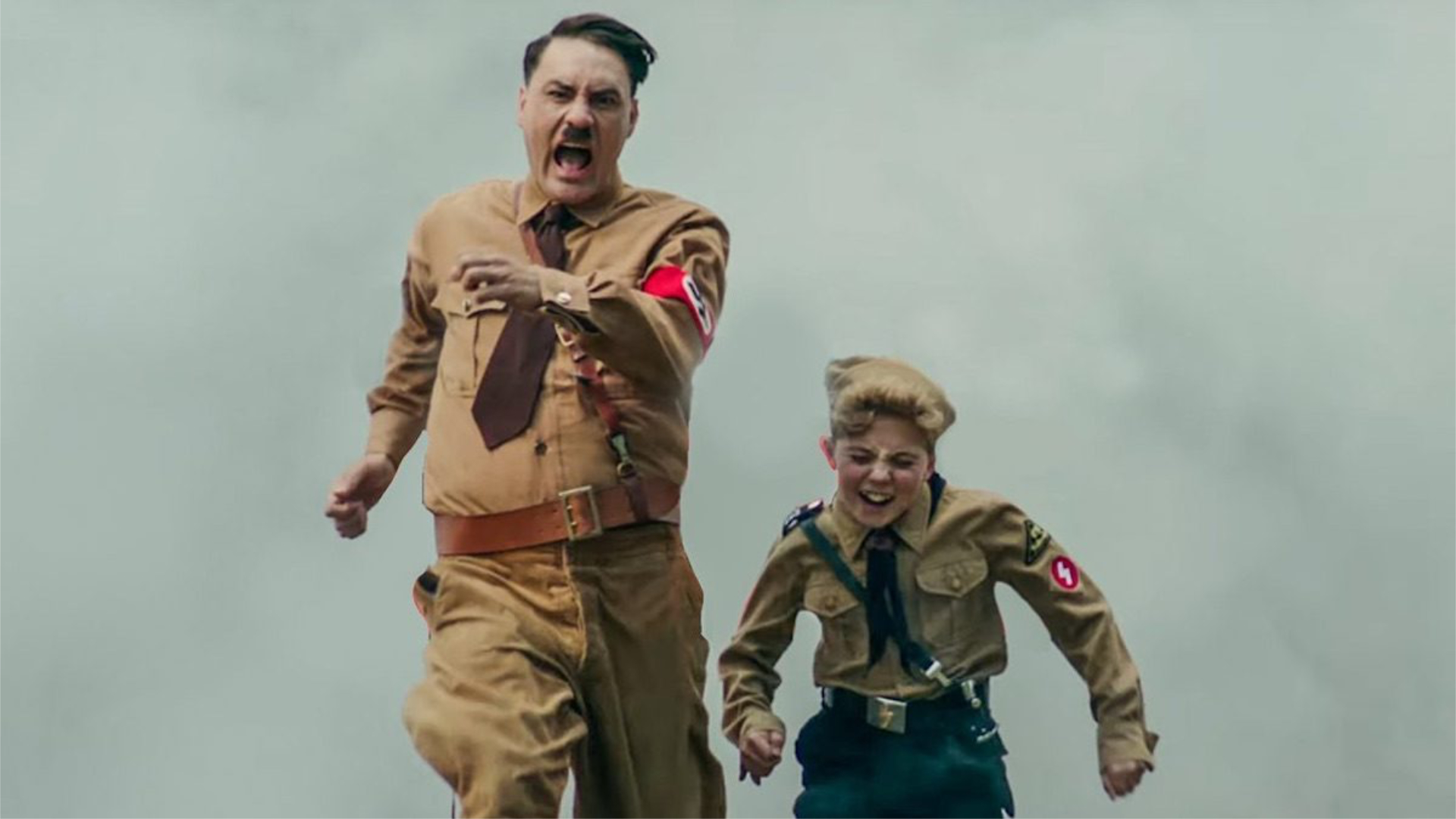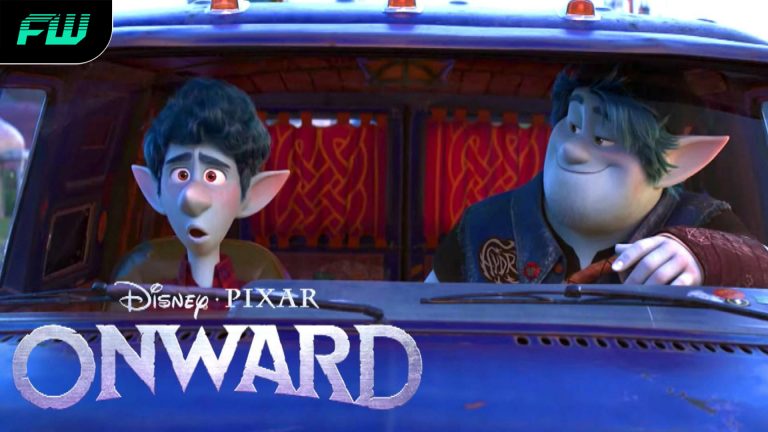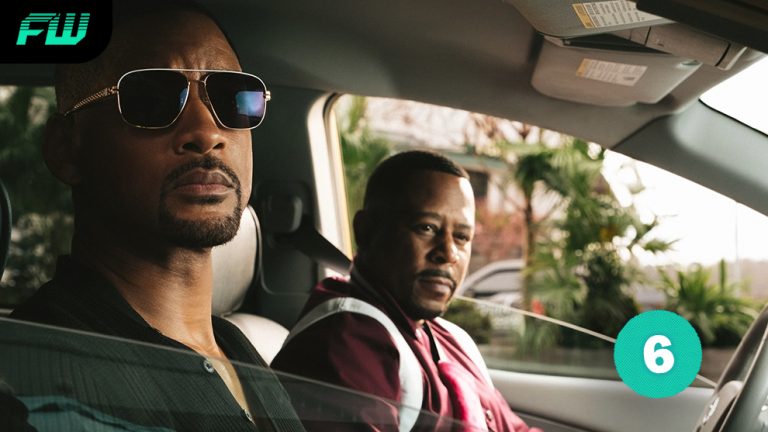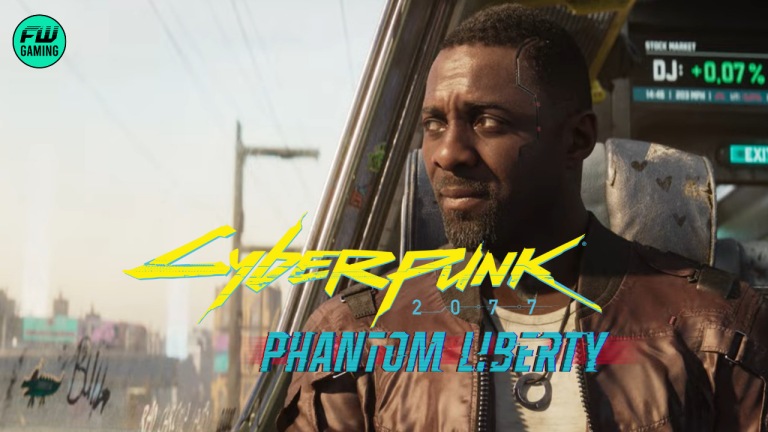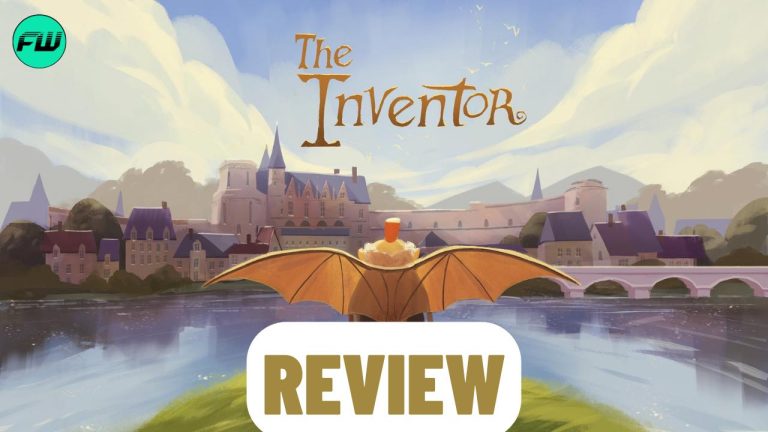For the better part of the past decade, Taika Waititi has enjoyed a rather meteoric rise in his film career both behind the camera as well as in front, having helmed such notable cult classics as 2014’s vampire mockumentary What We Do in the Shadows and 2016’s Hunt for the Wilderpeople before bursting into the mainstream with the Marvel Cinematic Universe’s critical & commercial smash Thor: Ragnarok in 2017. Each film saw the multi-talented Waititi not only occupy the director’s chair but simultaneously handle screenwriting duties and small acting roles in each, all the while establishing a cheekily comedic style also seen in his delightful Team Thor online shorts from a few years back. When it was announced that the man would be taking on a project involving Nazis, a hidden Jewish girl and Adolf Hitler as a young boy’s imaginary friend, most if not all barely batted an eyelash. Who else but Waititi could pull off a project like this?

Jojo Rabbit is that film, one he apparently barely adapted from a novel called Caging Skies and unsurprisingly has been met with a wave of polarization not unlike that emanating from such similar efforts as, say, Tarantino’s Inglorious Basterds of ten years prior. The subject matter predictably places the action during World War II, revolving around Jojo Betzler (Roman Griffin Davis), a young boy living with his single mother Rosie (Scarlett Johansson), who herself is a closet pacifist while her son enjoys his involvement as a lively Hitler Youth. Going about his days with a heart full of blind patriotism and an immature version of Hitler (Waititi) as his imaginary friend, it seems the future has already been laid out for young Jojo, with plans to one day join Germany’s military ranks and fulfill his dreams-that is, until it’s discovered that his own mother has been harboring a Jewish girl, Elsa (Thomasin McKenzie) within a concealed room in their house-it’s here that Jojo Rabbit takes a sharp detour following a slew of madcap opening scenes at a children’s training camp into more dramatic fare one might see as a easily anticipated twist.

However, everything that encompasses this film is anything but predictable, thanks chiefly to Waititi and an unbelievable cast who deliver nothing less than 100% in every regard. Let it be said that the man knows how to spearhead a film, combining Wes Anderson-esque cinematography, quick zooms and bright colors that all feel familiar but still very much scream Waititi. His use of landscape, whether it’s in the outdoor settings during the camp scenes or the drab propaganda-laden buildings of Jojo’s town, are as much a character as the rest of the cast-one moment in particular cuts to various buildings with windows that seem like eyes, staring down at the dismal world below. With a knack for flawlessly balancing the funny with the heavy, from the opening where we see, in a scene that seems to callback to a small-but-key moment in Eternal Sunshine of the Spotless Mind, how Jojo got his titular nickname, to various subplots revolving around Jojo’s deceased sister, absentee father and a supposed long-distance boyfriend of Elsa’s, the pace flows beautifully and again serves to showcase Waititi’s abilities behind the camera as much as his command of the written word-it is, without question, his best screenplay yet. Additionally, the soundtrack, peppered with German-language covers of classic Beatles and David Bowie tunes, fits into Waititi’s playground nicely-this may feel at times like an Anderson film, but it’s also Taika Waititi’s, projecting the image of a man seemingly capturing a specific style and wholly making it his own.

The cast couldn’t have come together better than it does here-in the title role, Roman Griffin Davis might be one of the most gifted young actors I’ve seen in ages, enjoying genuine chemistry shared with every person he interacts with at any point in the film. McKenzie and Johansson similarly nail their respective roles, while Waititi, arguably loaded with the film’s funniest moments, again demonstrates genuine stage presence and the ability to turn any innocuous phrase into something so hysterical it never seems like work on his part-his Hitler is, quite possibly, one of the best I’ve ever seen put to the moving picture. Rebel Wilson as a camp instructor who pops up periodically throughout and Stephen Merchant as a Gestapo officer sadly both have limited screentime, a difficult task considering the overall talent onscreen-it’s bittersweet to deeply love two small roles as much as theirs and complain about wanting more from each. A similar dilemma is shared by Sam Rockwell as the leader of said camp, a former military captain now demoted due to a battlefield injury that left him with one eye-though given his share of laughs, there’s a considerable amount of depth to what he brings to the table, a slightly larger performance than that of Wilson or Merchant and equally as wonderful. Even Archie Yates as Yorki, Jojo’s proclaimed second best friend (behind the Führer, of course), does what he can with his sidekick character and, though it may be just as underused as Merchant, never skimps on quality-it’s another success in the world of child acting, and I look forward to whatever he does next.
Jojo Rabbit is Taika Waititi’s magnum opus, a tour de force in terms of casting, story and visual appeal, easily his finest work and one of the best of the year. Much has been said about the controversial nature of the film, none of which I garnered from my time spent in a suburban Wisconsin theater taking it all in-one might look to Merchant or Rockwell as presumable villains, but in Jojo Rabbit, the only big bad would be equal parts fear & hatred, something which doesn’t stand a chance against the overwhelming love oozing from the 148 minutes spent watching Waititi’s pseudo-revisionist outing unfold. This, truly, is as brilliant as film gets, a love letter to the good of mankind and a reminder of how movies such as this have the power to capture the heart-it’s one I know will eventually find its way into my library, one I know I’ll cherish, and one I can’t wait to see again.

